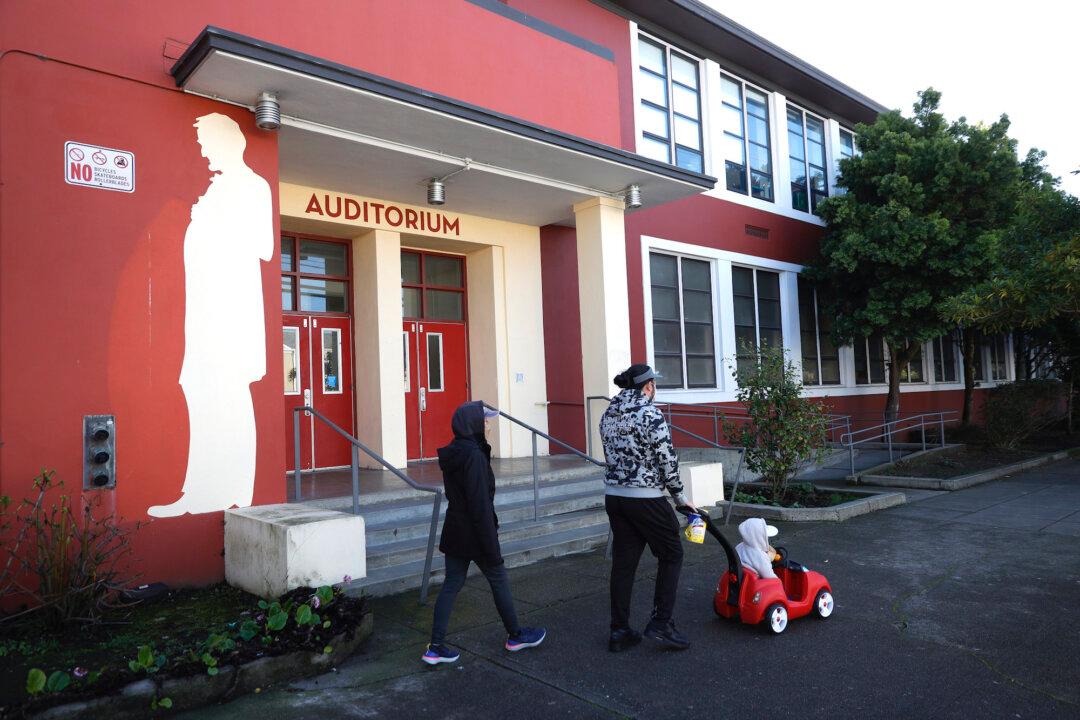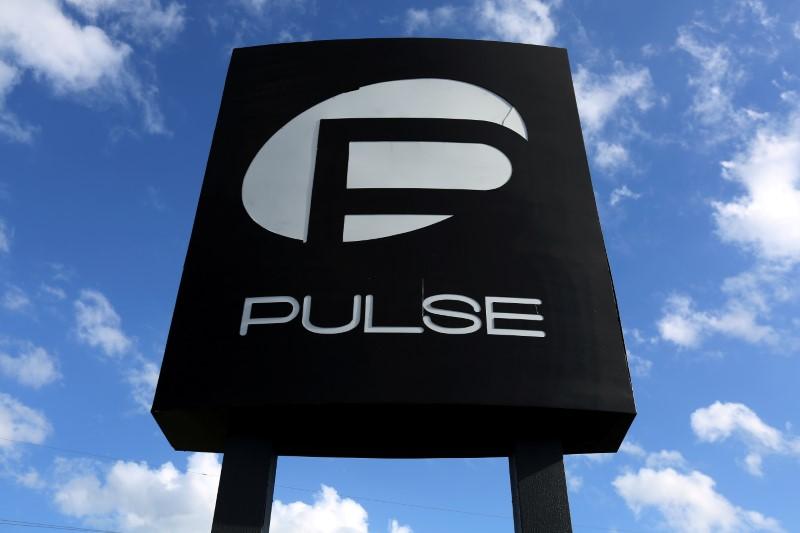Long known for progressive political activism, Berkeley is again at the forefront to try to change the world by redacting any reference to gender on city forms and municipal code. The view is that gender bias in language contributes to discrimination, namely against women and other gender groups perceived to be oppressed.
The ordinance was passed unanimously by the city council on July 16 and would replace words like “he” and “she” with “they,” and “brother” and “sister” with “sibling.”





